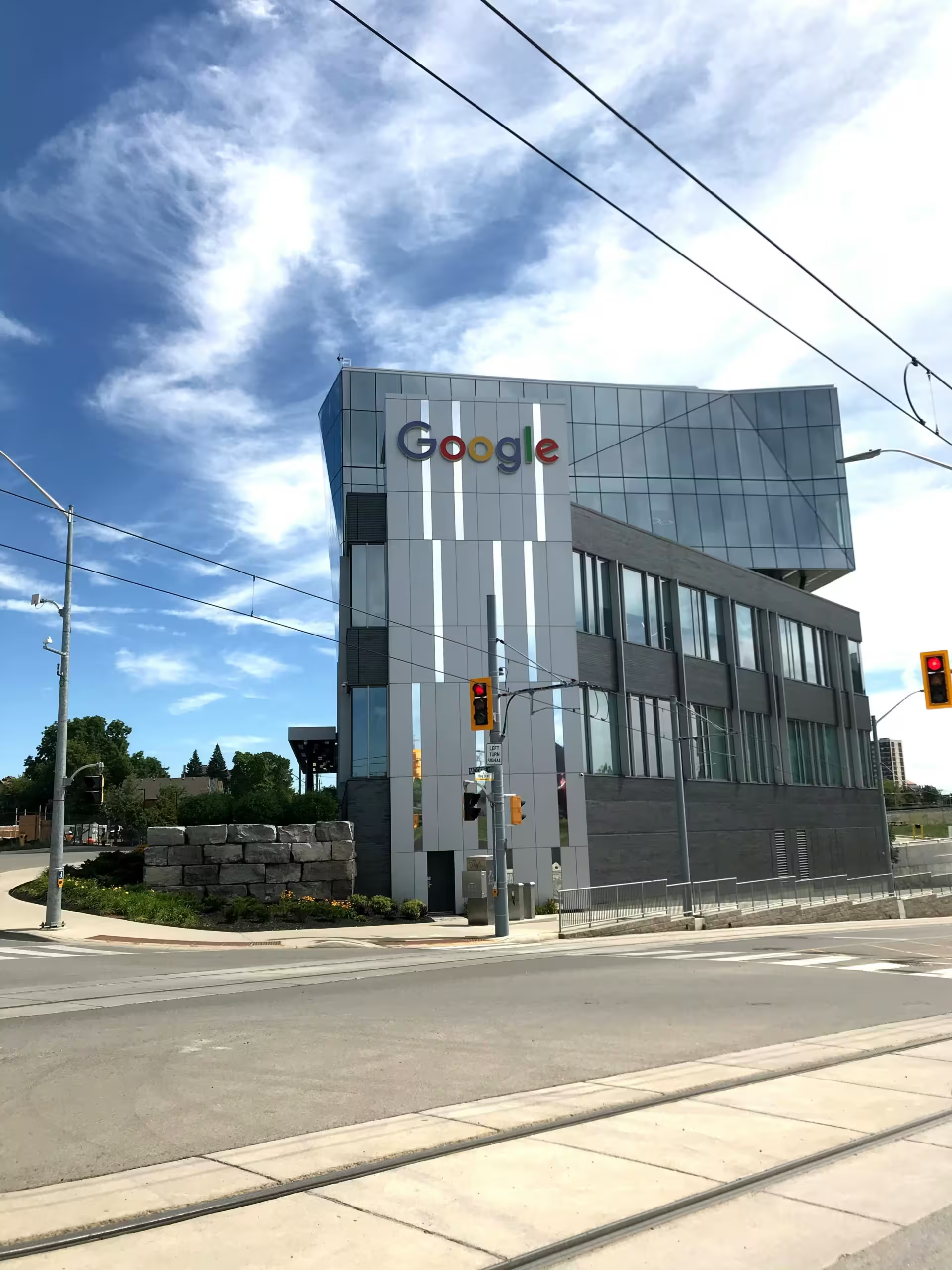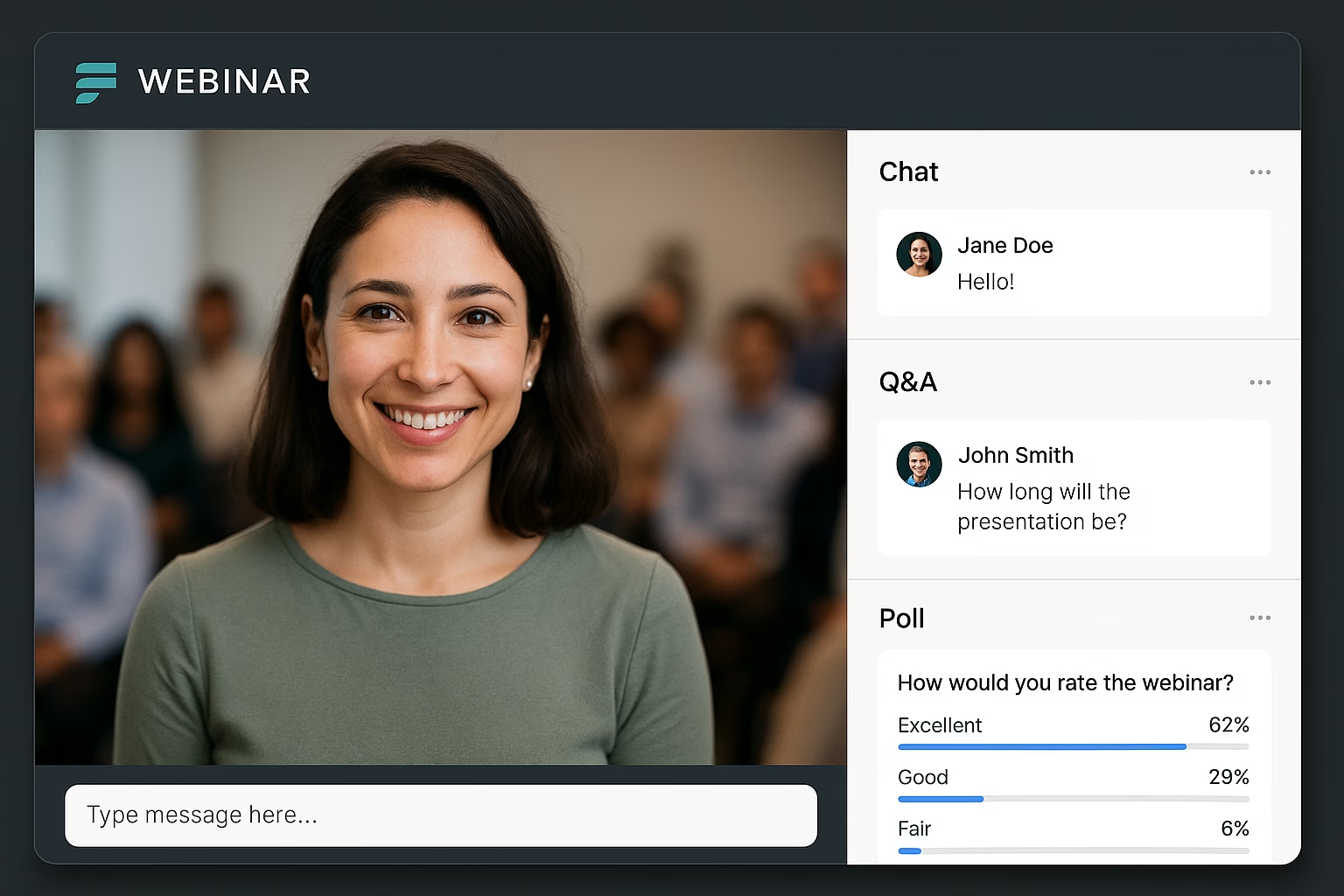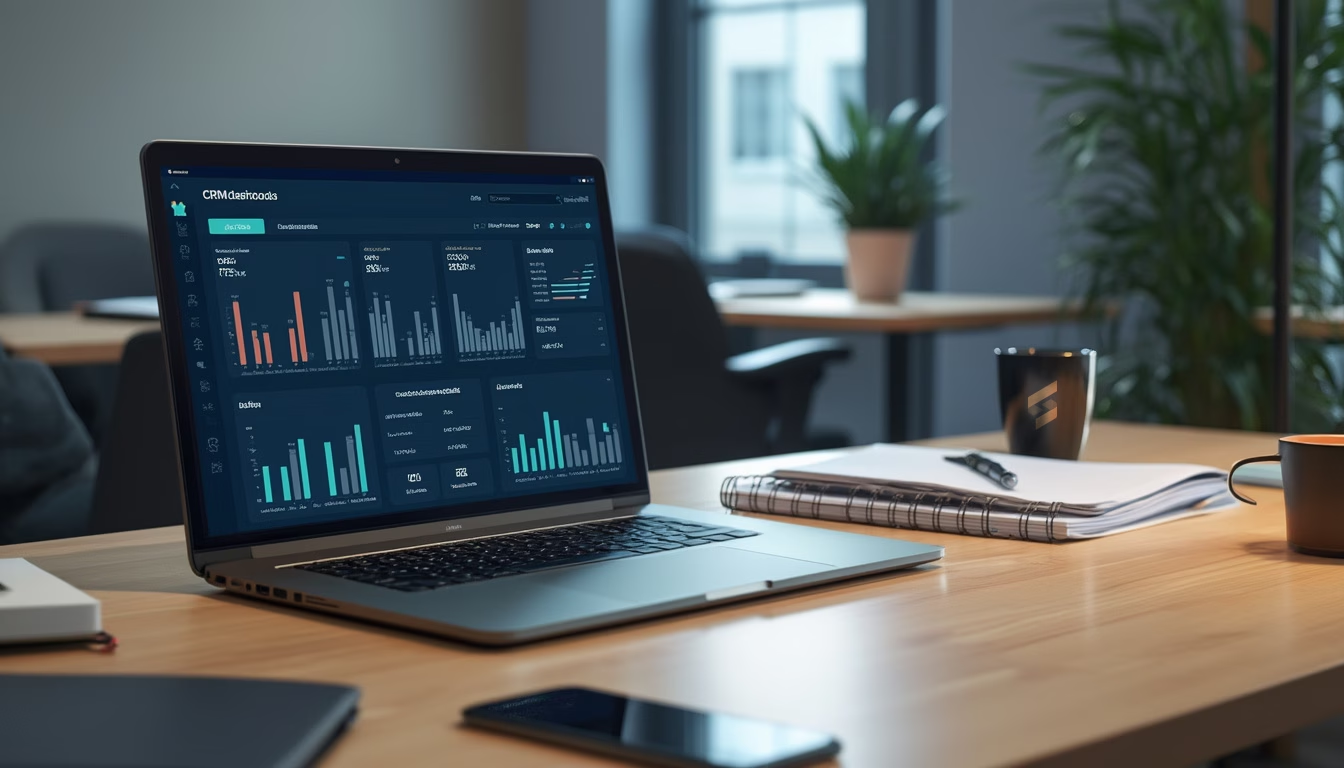This is Sirocco’s point of view, we do not have any insider knowledge about when or if this acquisition is actually happening.
Looks like the fascinating rumour of Google acquiring HubSpot is still alive and well! This potential deal could shake up not just the CRM world, but the entire landscape of data utilisation. Google’s vast data capabilities, combined with HubSpot’s deep customer insights, could redefine targeted marketing. As Google seeks to move away from cookie-based tracking, HubSpot’s data could be the key to unlocking more personalised, consent-based advertising strategies. The question everyone’s asking is: will this potential duo outsmart the competition and set new standards for customer lifecycle management, sales and data privacy? With Microsoft and Salesforce potentially facing a new challenger in the arena, could this be the dawn of a new CRM powerhouse?
The tech world is abuzz with the news of Google’s potential acquisition of HubSpot, a leading force in marketing automation and CRM. This merger, if it materialises, could redefine the landscape of digital marketing and customer relationship management as we know it. In this brief analysis, we’ll take a look at the strategic implications of this potential merger, its positive impacts, the possible effects on users and the market, and the potential consequences for current CRM leaders such as Microsoft and Salesforce. We’ll also discuss the data and privacy considerations that come with such a merger.
Strategic Implications
Google’s track record of acquisitions speaks for itself. Google recently acquired cybersecurity company Mandiant in 2022 for $5.4 billion, Looker, a business intelligence company, in 2019 for $2.6 billion, and of course Fitbit, a popular consumer electronics company known for its wearable devices, in 2019 for $2.1 billion. Each strategic move has expanded its reach and offerings, solidifying its position as a multifaceted tech giant. Now, the potential integration of HubSpot could significantly bolster Google’s presence in the thriving CRM software market. As we’re writing this, Hubspot has a user base of upwards of 200,000 paying customers (with many more on their free plans). Imagine the possibilities – HubSpot’s robust marketing tools combined with Google’s vast resources like Google Ads and Analytics. This could provide businesses with unprecedented customer insights, leading to more efficient and targeted marketing strategies. The merger would essentially bring together the strengths and proficiencies of both companies, potentially addressing weaknesses in each other’s ecosystems.
Positive Impacts of a potential Win-Win scenario. We think the merger could bring about several positive changes.
The integration of Google’s vast resources with HubSpot’s marketing tools could revolutionize how businesses gain customer insights. This could lead to the development of powerful new marketing tools that haven’t existed before. Very exciting for companies.
A smoother workflow could emerge for G Suite marketers with better integration between Google’s ad platform and HubSpot’s tools. This could provide even deeper customer behaviour insights and optimize both inbound and outbound lead generation efforts. Marketers would love that.
The merger could ignite a fire of competition in the CRM market, potentially leading to a surge in innovation and the development of new features or services that benefit businesses of all sizes. Competition is the best form of motivation.
Impact on users and the market, change is inevitable
This deal could also affect HubSpot’s existing user base. While some might be apprehensive about changes to familiar platforms, there’s also the potential for a positive impact. Google’s expertise in AI and data, coupled with HubSpot’s legendary user-friendly interfaces, could lead to the creation of even more powerful tools for businesses of all sizes. Additionally, the integration between Google’s ad platform and HubSpot’s marketing tools could enhance the workflows of G Suite marketers. With the growing adoption of Google Gemini (formerly Bard) by marketers to augment their workflows, we might also see it woven more tightly into HubSpot’s technology. As with any major acquisition, the potential for increased competition in the CRM market is high. As mentioned above, this could lead to a wave of innovation that benefits everyone, from small businesses to large enterprises.
Impact on Microsoft, Salesforce, Oracle… a new challenger emerges
The Google-HubSpot merger could have significant implications for the status quo in the CRM market, currently ruled by Salesforce, Adobe, Microsoft, and Oracle. As partners of many major vendors in play here, we at Sirocco are super excited to see where this may land. The merger would, without question, make Google a formidable competitor in the field. Google’s existing rivalry with Microsoft in the productivity suite arena could also intensify, as Google might leverage HubSpot to offer bundled CRM, MA, AI, and productivity applications to clients. HubSpot’s niche in historically catering to smaller and medium-sized businesses could be a key differentiator. If Google can leverage its resources to provide financing solutions, it could potentially attract more SMB clients away from larger competitors. However, antitrust concerns could arise due to the sheer market power the combined entity would wield. Regulatory bodies might scrutinize the deal to ensure it doesn’t stifle competition. Maybe that’s why we haven’t seen many official statements yet.
Data & Privacy considerations, a delicate balance
Speaking of regulations, a potential Google-HubSpot acquisition presents a challenge concerning data privacy, with consequences for both users and marketers. Google already holds a vast amount of user data on browsing habits, search queries, and online activity. Merging this with HubSpot’s extensive customer insights – including contact information, purchase history, and marketing campaign interactions – creates an unparalleled data powerhouse. This raises several key concerns. The sheer volume of data under Google’s control could trigger stricter regulations from data protection authorities around the world. Marketers who heavily rely on Google’s advertising platforms and user data for targeting might face heightened compliance requirements and limitations on data collection. This could necessitate a shift towards more privacy-focused marketing strategies, potentially requiring them to explore alternative data sources or focus on first-party data collection methods (e.g., website cookies with clear opt-in mechanisms).
Also, marketers will need to be even more transparent about how they collect, use, and share user data, especially if Google alters its data practices post-merger. Building and maintaining user trust will be paramount in the face of heightened privacy concerns. Opt-in rates and user consent for data collection could become even more critical factors for successful marketing campaigns. In response to privacy concerns, Google might introduce stricter data anonymization practices to protect user privacy. While this is positive for user privacy, it could also make it more challenging for marketers to gain the granular insights they need for highly targeted advertising campaigns. This might necessitate exploring alternative data sources beyond Google or focusing on first-party data collection strategies.
On the other hand, the combined data pool could also lead to innovation in areas like privacy-preserving analytics and consent-based advertising solutions. Marketers who can adapt to these changes and embrace privacy-centric strategies could gain a competitive advantage. Either way, when or if the Google-HubSpot merger happens, it will likely usher in a new era of data privacy regulations and user awareness. Marketers will need to be adaptable, prioritize user trust, and explore alternative strategies to navigate this evolving landscape. Here’s the chance for some to rise above the competition by embracing a more privacy-focused approach to marketing.
Let’s wait and see as the future unfolds
If materialised, the Google-HubSpot merger could significantly reshape the digital marketing landscape, potentially offering businesses better tools and insights. It will be interesting to see how the current CRM leaders might respond and how this potential merger shapes the future of customer relationship management, sales automation, marketing, and advertising! For us at Sirocco, we’ll keep a close eye on those developments. We’re a proud partner of many of the popular CRM solutions on the market, including Salesforce, Microsoft and Hubspot – so naturally we are excited. And we would love to hear your thoughts! Also, would the new platform be called Hoogle or GubSpot?
By Martin H. Morrissette, Sirocco CMO – Book time with me










